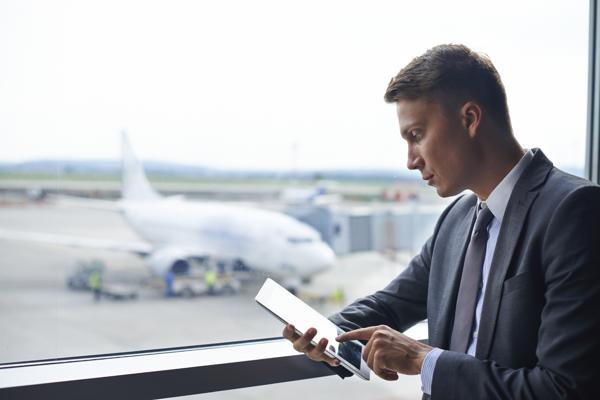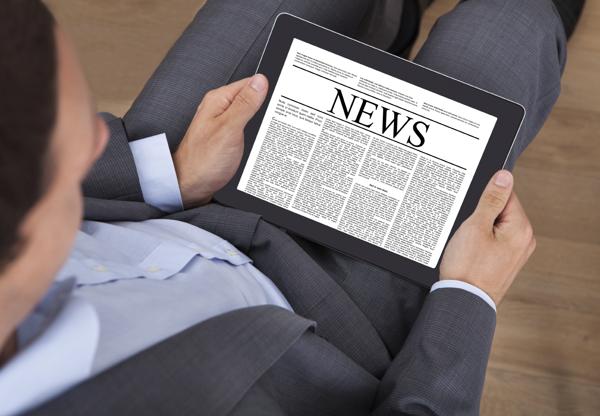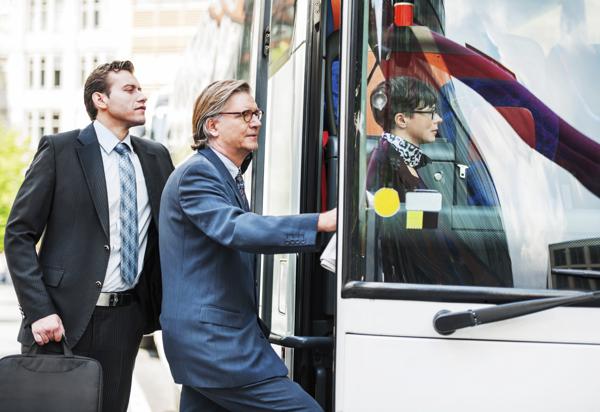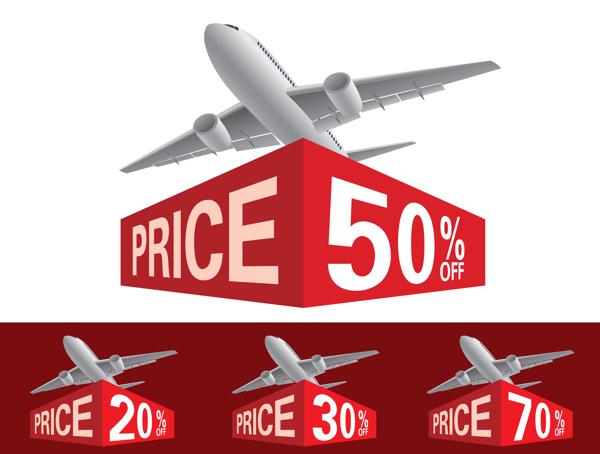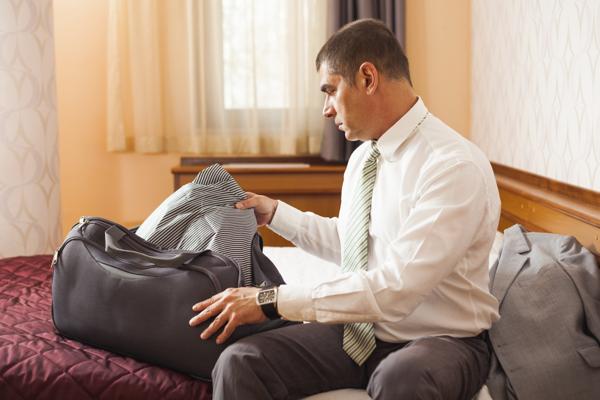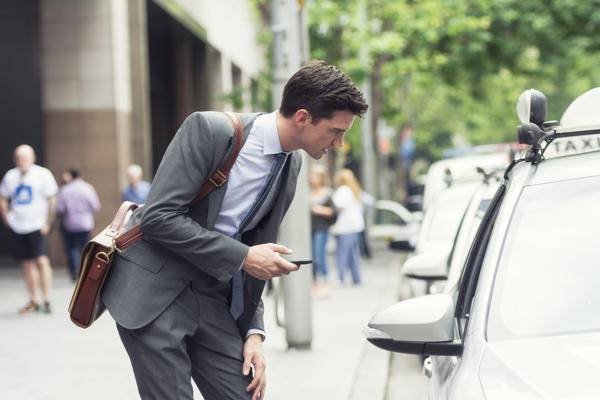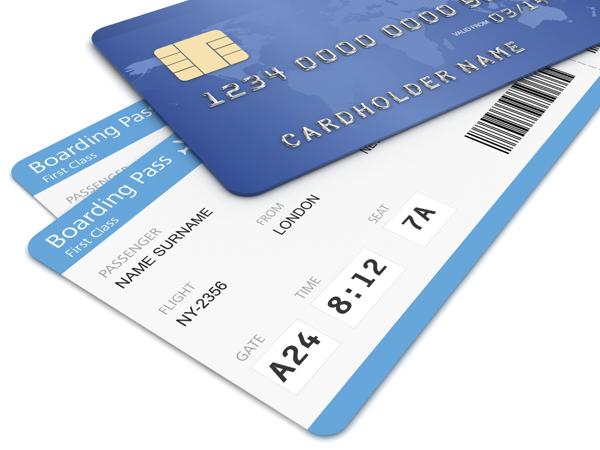
For any professional, life is already a task when one is juggling meetings, client calls, and project deadlines incessantly. On a business trip, dealing with these tasks is even more stressful. Between managing time and handling work demands, keeping a check on expenditure is quite difficult indeed. Here are some great tips for saving money when traveling for business.
Be ‘Money-wise’!
Instead of exchanging currency at the hotel desk or at airport exchange counters, use foreign ATM machines for better exchange rates. This way, you can safely withdraw smaller amounts. Credit cards are also a great option, but inquire about transaction fees before you use them.
Business travel is very different from traveling for pleasure. Traveling for work has its limitations with respect to duration and expense. Since economic viability is of importance when it comes to any business undertaking, one has no choice but to consider ways in which unnecessary outflow of cash can be harnessed without much ado. Fortunately, there are several things you can do to make your business travel easy, affordable, and smooth. We have mentioned these things in the form of simple, easy-to-understand tips. Once you’re equipped with these tips for saving money on business travel, you can effortlessly save hundreds to thousands every year. Shall we start noting them down?
Evaluate phone charges.
Thanks to the perpetually skyrocketing roaming call and data charges, one of the most exorbitant bills you pay after a business trip is your phone bill. An intelligent way to tackle this problem is to buy a local SIM card every time you visit a new place where you are likely to spend a substantial amount of time. By cutting down on roaming charges, you’ll save a LOT of money by paying for only local outgoing call charges. As far as internet data charges are concerned, the best advice I can give you is to use Wi-Fi. Mostly all airports and hotels now offer free Wi-Fi services, so this shouldn’t be a problem. Finish as much work as possible using the Wi-Fi connections at these places; it’ll drastically reduce your costs later on.
Carry enough reading material.
This may look like a weird, quite unconventional a tip that may not really be of any help, but before you jump the gun, hold your horses. Think about it, don’t we usually end up buying a magazine or a book at the airport in order to keep ourselves entertained throughout the journey? While working on the flight is a good option to finish pending work, sometimes you only want to unwind. Instead of spending a few dollars here on reading material at the airport, load a few articles, books, and even movies on your cell phone. This way, you won’t add to your luggage and your expenses.
Say yes to public transport.
By using the public transport in any city, you can further reduce your business travel expense exponentially. How does this work? Seek details of the area of your travel for the day from the hotel reception. Ask them to provide commutation details, such as modes, alternative routes, and approximate charges. This way, you can cut back on almost 80% of your commutation costs when compared to the amount you would have to shell out for a cab. If the hotel doesn’t have these details, use Google Maps. It’s one of the best apps for such kind of information. You might pay for Internet data charges, but they’ll still be lesser than the cab fare you would be required to pay.
Lookout for deals.
There are a million travel deals you can tap and cash in on if you keep an eye out for them. The best and most profitable of the lot is the frequent-flyer program (FFP). Almost every airline, old and new, offers this loyalty program. Under this, you become entitled to several discounts, privileges, and offers, especially if you fly quite often. The best places to find these deals are airline magazines. Always go through these magazines, usually kept in the seat pocket in front of you, and you’ll be surprised to find some of the best deals you’ve ever come across. Apart from this, you can also apply for a debit/credit card that has a tie-up with an airline.
Never fall prey to luggage fees.
The most unforgivable mistake you can make is to create situations to pay luggage fees. It’s not always possible to weigh your luggage at the last minute, but it’s always possible to save a lot of money in this area by being a smart packer. Business trips don’t need much luggage and there are a few tips you can follow to reduce your luggage just in case you’re combining meetings or planning on a long trip. You already know how you need to replace magazines and books with eMagazines and eBooks. In a similar way, cut down on multiple gadgets and instead carry one that functions as an all-in-one cell phone, music player, tablet, camera, and laptop. Apart from these, don’t carry too many clothes, food items, and/or stationery. Calculate the number of days you are going to spend at a place and pack the exact number of clothes in keeping with your itinerary. Fill the empty spaces inside your shoes with jewelry, socks, handkerchiefs to save on space. Keep things as minimal and compact as possible.
Go for rooms with kitchens, not minibars.
Though a business trip may not give you time to cook, it’s advised that you pick hotels that have rooms with kitchens. This way, you can cook your own meals even if you choose to make just an omelet. Minibars seem tempting; all you have to do is open the door and serve yourself. However, bills that come with the usage of minibars are usually far from attractive and highly inflated. Items available at a minibar are always charged at a higher price, sometimes as much as 30% more. A room with a kitchen will also enable you to save the money you would otherwise spend on eating out. By choosing this option, you can work, eat, and rest in just one place.
Befriend locals.
The best people to help you when visiting another city are not guides or agencies, but locals. They know the city the best and have no hidden motives; they don’t gain or lose anything by cheating you. They’re the best people to approach when you need help with directions, prices, or suggestions. Just by asking a local for something as simple as directions, you save on Internet charges by not using apps, on money you may end up spending while commuting via wrong or longer routes, and in the end, time – the most crucial element while on a business trip. They also come to your aid when you’re looking for inexpensive places to eat, relax, or work.
Club trips to save thousands.
Most of the time, an executive travels to a specific place to work with a specific set of clients. In such cases, it is always advised to combine trips. For example, if you’re meeting a client in Italy, you might as well make arrangements to meet another one in Spain right after your schedule in Italy. Imagine the amount of money you will be shelling out if you go to Italy, come back to your original country of work, and then fly out to Spain again! You can actually save yourself a lot of money by avoiding at least two extra to-and-fro trips by planning your travel smartly. This not only applies to places that are located in the same geographical area but also to places that are halfway around one potential business area. For example, if you have to travel from India to France, you might as well also plan meetings in New York and finish it off at one go. This way, you can save thousands. By planning multiple meetings in the same city, you save on both traveling and staying costs. The basic tip is to get maximum work done in one single trip in order to economically use financial resources in the best possible manner. Of course, it is not always possible to club your trips because the schedule of different clients may not always match. The point is to try to schedule trips in such a manner as frequently as practicable.
Understand taxes and use them to your benefit.
Taxes levied on income from any source are waived off to a specified extent when certain stipulated types of investments/expenditure made can be shown. Travel expenses are one of them. Though only a portion is eligible to be waived off, the sum still amounts to quite a lot. So, educating yourself about how these benefits can be reaped optimally can result in saving money in the long run. Similarly, a lot of things come with additional taxes while an individual is traveling. These include food at the airport (sometimes), items at the minibar, services like laundry in a hotel, etc. Though a person learns more about these from experience, it’s good to at least know the basics in theory.
Look out for opportunities to make multiple bookings together.
Always remember that there are certain advantages and incentives of booking more than one ticket, especially in flights. It is always better to book tickets together in order to avail group discounts. This way, your company poses as a potential customer to the airline – a reason why they’ll always offer you certain privileges that they won’t offer other passengers. A company is a more respected entity with a higher brand value and credibility score than an individual in the eyes of airlines, hotels, and other business houses. A company is always more trustworthy than an individual. Also, in many ways, having your company as a client works in the favor of these houses when it comes to building their own brand value.
It’s very easy to save money while traveling for business. Think twice before you spend. It is a common observation that we tend to shell out a lot of extra cash when traveling primarily because there is no time to evaluate and understand how little things can contribute to unnecessary expenditure. Sometimes, we also opt for convenience by throwing money at a problem instead of racking our brains over tiny little details due to lack of time. These tips for saving money on business travel and a little prior planning will not only reduce your overall expenses but also help you to travel smarter in future. Believe it or not, a few smart choices in the beginning will lead to your paying fewer bills later on.
